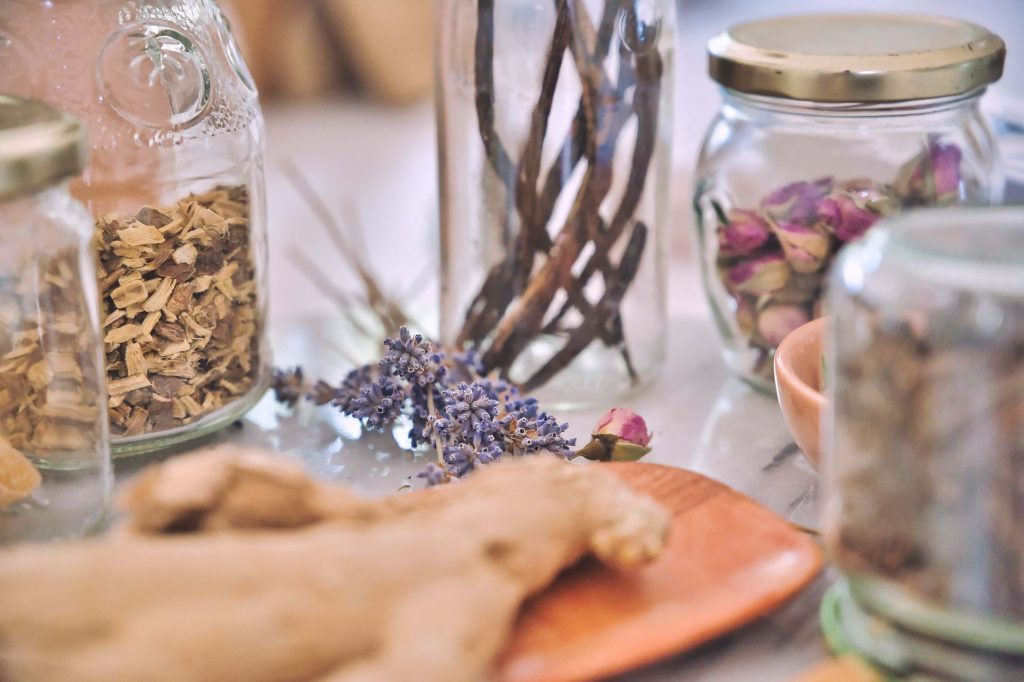What is the best herbal medicine for malaria in Nigeria?
Malaria is still a major public health concern in Nigeria, and traditional herbal medicine is being used to treat it more and more.
We will investigate the best herbal medicine for malaria in Nigeria, taking into account the efficacy, safety, and cost of each available treatment. It will also go over the potential benefits of herbal medicine as well as any risks.
What is herbal medicine?

The World Health Organization defines herbal medicine as “the sum total of knowledge, skills, and practices based on the theories, beliefs, and experiences indigenous to different cultures, used in the maintenance of health as well as in the prevention, diagnosis, improvement or treatment of physical and mental illness.”
The World Health Organization recognizes traditional medicine as a viable method of treating infection. In fact, WHO developed a traditional medicine strategy for 2002-2005 and went ahead to update it for 2014-2023.
Benefits of using herbal medicine
Herbal medicine has numerous advantages compared to prescription drugs.
- Herbal medicine has fewer side effects than prescription medications, which is one of its most significant advantages.
- Prescription medications are notorious for having a list of potential side effects, whereas many herbal remedies are much gentler on the body and have few if any, negative effects.
- Herbal remedies also have the advantage of being high in nutrients, which provides a variety of health benefits. Turmeric and ginger, for example, have anti-inflammatory properties, whereas chamomile and valerian root can improve mood and promote relaxation.
- Herbal remedies are also less expensive than prescription drugs, making them an excellent choice for those on a limited budget.
- Furthermore, herbal remedies can be combined with prescription medications to improve overall health and well-being.
- Herbal remedies are completely natural, and many people feel more comfortable using them to treat their health problems.
- Also, herbal remedies are far more environmentally friendly, making them a safer, more natural, treatment option than prescription drugs, which frequently have a significant environmental impact due to the resources used in their production.
Recommended articles
Risks of using herbal medicine
As the use of herbal remedies becomes more popular, it is critical to be aware of the potential risks associated with their use.
- These herbal medicines may have a negative interaction with prescribed medication, either by enhancing or causing harmful side effects. For example, John’s Wort, a popular herbal supplement used to treat depression, has been linked to HIV and depression medication interactions.
- Furthermore, unlike prescription medication, the production of herbal products is not regulated by the FDA or NAFDAC, which increases the risk of contamination with harmful substances such as heavy metals and pesticides.
- Certain people who have medical conditions, such as liver or kidney disease, may be more vulnerable to negative interactions with herbal treatment, which could worsen their condition.
- Herbal medicines can also cause hormonal imbalances, making them unsafe for pregnant or breastfeeding women.
What is Malaria?
Malaria is a life-threatening disease caused by parasites that are transmitted to humans through mosquito bites. Millions of people around the world are affected by this disease each in tropical regions like Nigeria.
Malaria is caused by five different species of parasites with Plasmodium falciparum being the most deadly. The parasites are found in the blood of infected individuals and can be transmitted to others through the bites of infected mosquitoes.
Prevention of malaria involves a combination of measures, including the use of insecticide-treated bed nets, indoor spraying of insecticides, and antimalarial drugs. Early diagnosis and prompt treatment of the disease are also critical to reducing the risk of complications and death.
Research is ongoing to develop new drugs, vaccines, and genetic engineering technologies for preventing and treating malaria.
What is the best herbal medicine for malaria in Nigeria?
- Paw Paw leaves
- Dogonyaro
- Lemon Grass
- Bitter Leaf Water
1. Paw Paw leaves
Pawpaw leaves also known as papaya leaves are a common herbal remedy for treating malaria. The leaves are usually boiled in water to make tea or infusion for consumption.
This plant is widely grown in tropical countries like Nigeria.
2. Dogonyaro
Dogonyaro is scientifically known as Azadirachta indica. It is sometimes referred to as Neem. Neem has been traditionally used as an herbal remedy for malaria in Nigeria for years.
Studies have shown that the bark and leaves of the tree are effective against malaria parasites. The Ibo people of Nigeria boil the dogonyaro leaves with pawpaw leaves together to treat malaria.
3. Lemon Grass
Lemon grass also known as Cymbopogon citratus is well known for malaria treatment. This plant has been used for centuries to treat fever and malaria in many cultures.
Lemongrass has been shown in studies to have anti-inflammatory, anti-bacterial, and antifungal properties. These properties make it an effective natural malaria treatment.
Lemongrass is also suggested as a treatment for fever, stomach aches, high blood pressure, and digestive tract spasms. This plant is sometimes mixed with Carica papaya leaves for steam therapy.
4. Bitter Leaf Water
Well, bitter leaf needs no introduction since it’s a household plant in Nigeria. Bitter leaf water is made by boiling fresh bitter leaves in water. The bitter leaf contains quinine and thymol oil. These chemical substances have been found to have antimalarial properties.
It is important to note that although bitter leaf water may aid in the treatment of malaria, it is not a complete substitute for conventional malaria treatment.
What Next?
If you are experiencing symptoms of malaria, it is best you seek appropriate medical advice from a qualified healthcare provider.
While natural remedies may have some benefits, manandmicrobes recommend that they should not be used as a substitute for proper medical treatment.
Malaria remains a significant health challenge in Nigeria especially, but progress is being made in the fight against this disease.
